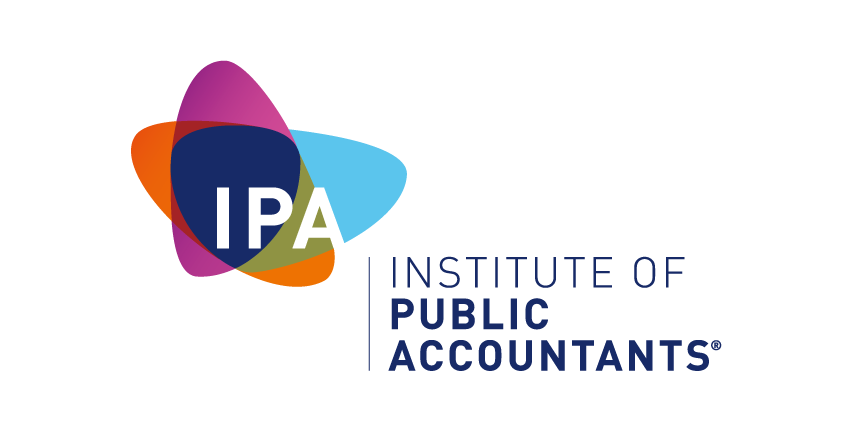2025-26 Australian Federal Budget: The decline of small business is a silent tax on Australia's future
2025-26 Australian Federal Budget: The decline of small business is a silent tax on Australia's future
Canberra, 25 March 2025 – The 2025-26 Federal Budget has failed a critical test: reversing the alarming slide of Australia’s small business sector.
Small businesses are confronted with unprecedented challenges. Data reveals a disturbing trend: their contribution to GDP has plummeted from 40 per cent in 2006 to just 33 per cent today, while their share of private sector employment has fallen from 53 per cent to 42 per cent*.
"The numbers speak for themselves," Prof. Andrew Conway, CEO of the Institute of Public Accountants, said.
"Nearly half of our small businesses are operating at a loss, and the majority of self-employed owners are earning less than the average full-time wage. This is unsustainable."
Rightly, there is a focus on cost-of-living relief for households, but self-employed business owners continue to go backwards. The energy bill relief and the delayed income tax changes will barely make a dent in the additional costs these businesses have experienced in recent years.
Supporting small business is crucial to revitalise Australia’s productivity and grow our economy. Yet, the budget is silent on investing in small business innovation and nurturing grass-roots research and development.
“We need to diversify our sources of economic security through supporting innovation in revolutionary technology – digital, AI and medical.”
“Australia’s future can’t be built by putting all our eggs in the green metal basket.”
Small businesses are also burdened by complex and escalating compliance obligations, hindering their ability to thrive.
“Designing a regulatory framework with small business at the forefront is an opportunity missed. A 'small-first', risk-based regulatory approach would have gone a long way to restoring small business productivity.”
Despite the government's $75 billion procurement budget, they secure only $8 billion, or 11per cent, of those contracts. And excessive electronic transaction fees are costing the sector an estimated $1 billion annually.
“Updating the government procurement rules and banning debit card surcharges may go some way to address this, but only time will tell.
"IPA is calling on the government to deliver a fundamental shift in policy," Prof Conway said.
"It's not just about dollars and cents. It's about the dreams and livelihoods of millions of Australians who run small businesses. Their success is Australia's success."
